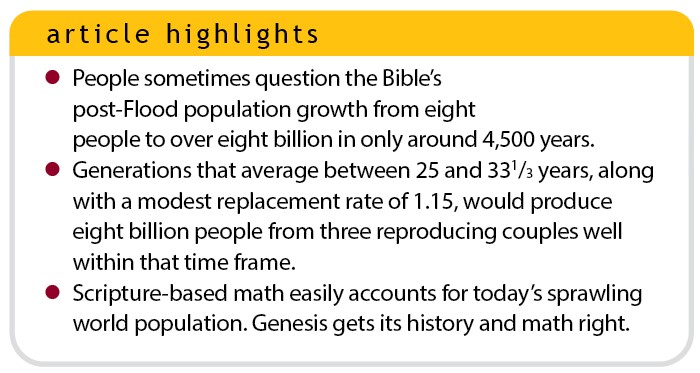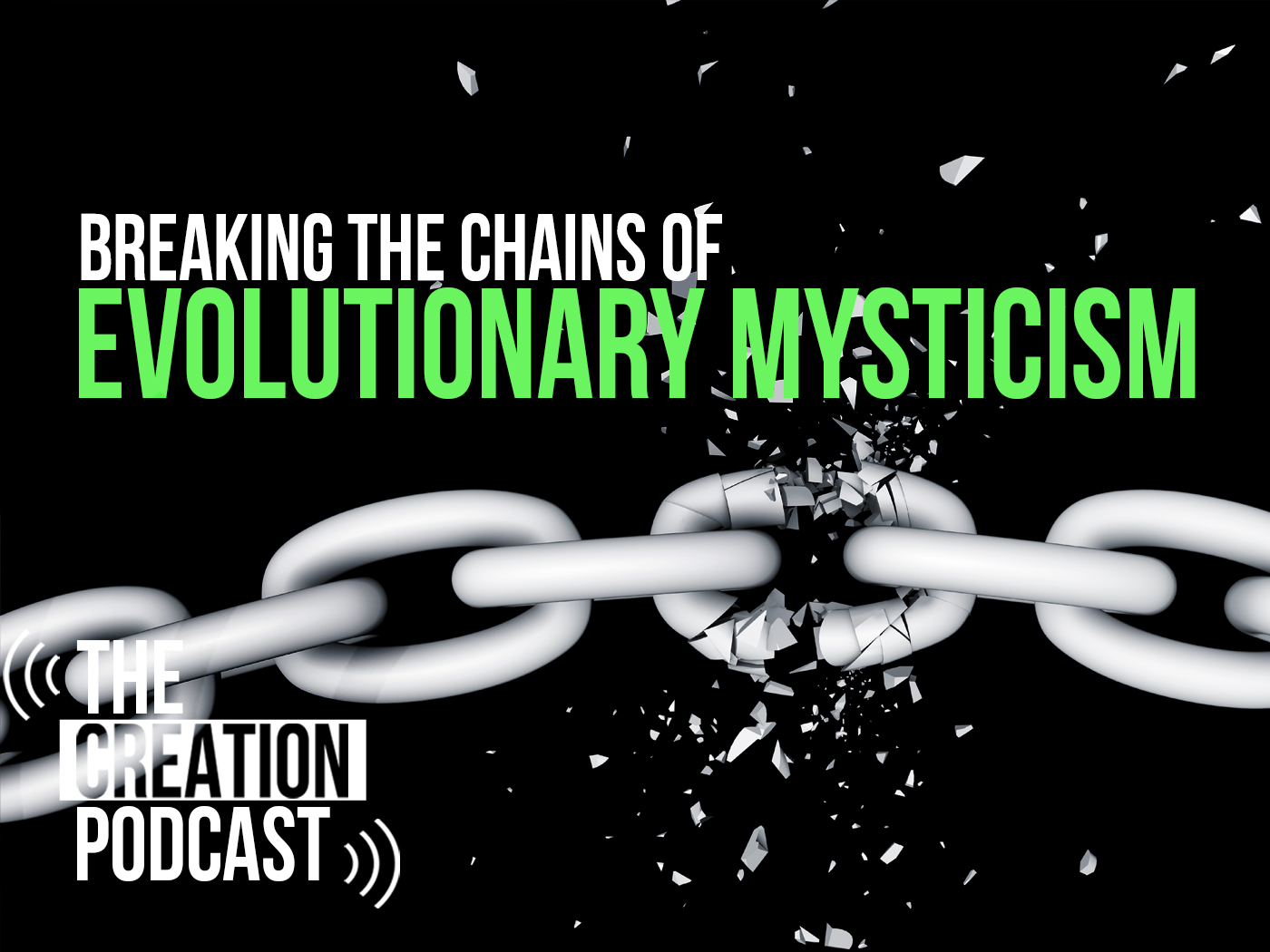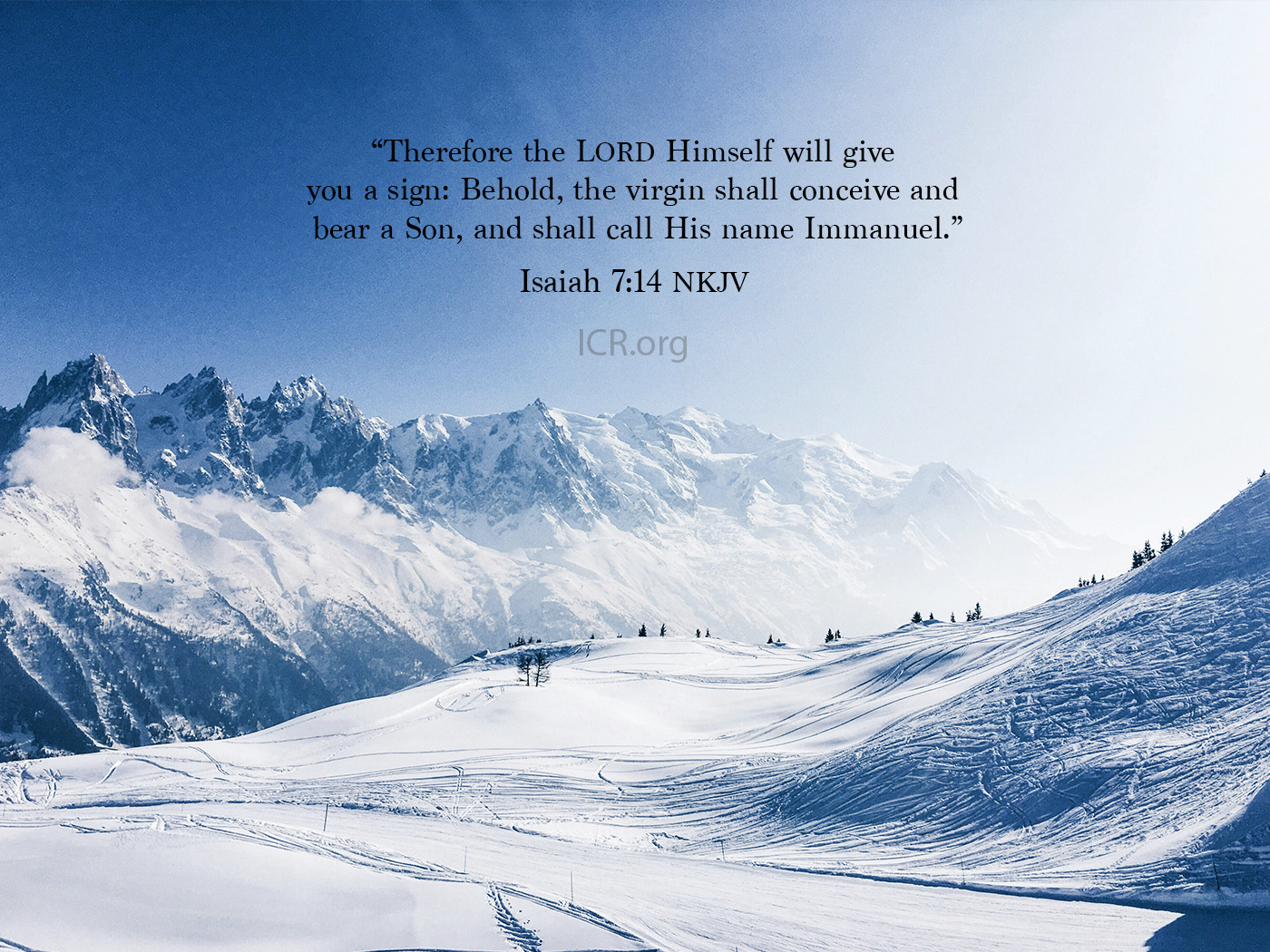
Sometimes scoffers disparage the Genesis history of the global Flood by saying there hasn’t been enough time from the end of the Flood until now for Earth to repopulate to its present population of about eight billion.1 In fact, after the Flood, the total number of human generations is not that many—less than 200 successive generations have occurred since Noah and his family left the Ark.
Today, Earth houses more than 8,000,000,000 people derived from only eight. That means each passenger on the Ark is now represented by a billion people! Does that make mathematical and historical sense?2 The Scripture and the math say, “Yes!”
To appreciate how, consider that our planet’s 8,000,000,000-plus humans came from just three reproducing couples who survived the worldwide Flood about 4,500 years ago—Shem, Ham, Japheth, and their respective wives.
How Many Generations Were Born After the Flood?
How many generations have occurred since the Flood? That depends on the usual age a woman was when she gave birth, comprehensively averaged over the past 4,500 years. As an example, during that time were human mothers giving birth—on average (since many mothers have more than one child)—when they were 25 years old, or was it later when they were 33â…“?3
In the first scenario, the new generation starts when the mother is 25, and in the second it starts when the mother is 33â…“. A generation of 25 years equates to four generations per century, while 33â…“ years averages to three. If the standard generation is 25 years, there would be approximately 180 post-Flood generations. Likewise, if it’s 33â…“ years, only about 135 generations would result.
To Populate Today’s World, What Replacement Rate Is Needed?
A population replacement rate is the ratio of individuals in a filial (i.e., children’s) generation compared to the parental. In other words, how many people in one generation replaced those in the prior generation?4
Consider a population replacement rate of 1.2, for example, as the average ratio of filial to parental population over 4,500 years. If one generation is 25 years, six reproducing adults would have one quadrillion descendants in the 180th generation because 6 × 1.2180 = 1,073,434,474,371,002. However, if one generation is 33â…“ years, six reproducing adults would have almost 300 billion descendants in the 135th generation because 6 × 1.2135 = 293,507,678,118. Obviously, Earth’s current population is not due to a ratio of 1.2 or higher.
Next, consider a smaller replacement rate—such as for every individual in a parental generation, there’s an average of 1.15 in the next generation. If one generation is 25 years, six reproducing adults would have half a quadrillion descendants in the 180th generation because 6 × 1.15180 = 505,548,136,684. (Still too many!) However, if one generation is 33â…“ years, six reproducing adults would reproduce less than a billion descendants in the 135th generation, because 6 × 1.15135 = 938,338,851. (That’s not enough!) This means our planet’s current population resulted from a rate somewhere between these two averages.
Therefore, if the number of people on Earth came from generations averaging somewhere between 25 and 33â…“ years (for childbearing), a population replacement rate near 1.15 is about right. Such a modest rate yields no excuse for scoffers to reject Genesis by claiming that 4,500 years “isn’t enough time” for Earth to repopulate from only eight people to about eight billion today.5 As always, the Bible gets it right, and that’s what counts.
References
- Christ admonished that disagreeing with Genesis is foolish (John 5:44-47).
- Thanks to Dr. Lance Oberg for catalyzing this apologetics article. Also, thanks to Dr. Jake Hebert for running the math calculations on Microsoft Excel.
- Historical averages are counted here because some women don’t have children while others bear one or more.
- If one couple (i.e., two parents) procreated two children, the replacement rate is one, because the two-to-two ratio equals two divided by two. However, if one couple procreated four children, the replacement rate is two, because the four-to-two ratio equals four divided by two.
- Evolutionists imagine that humans have existed for hundreds of thousands of years.
* Dr. Johnson is Associate Professor of Apologetics and Chief Academic Officer at the Institute for Creation Research.













